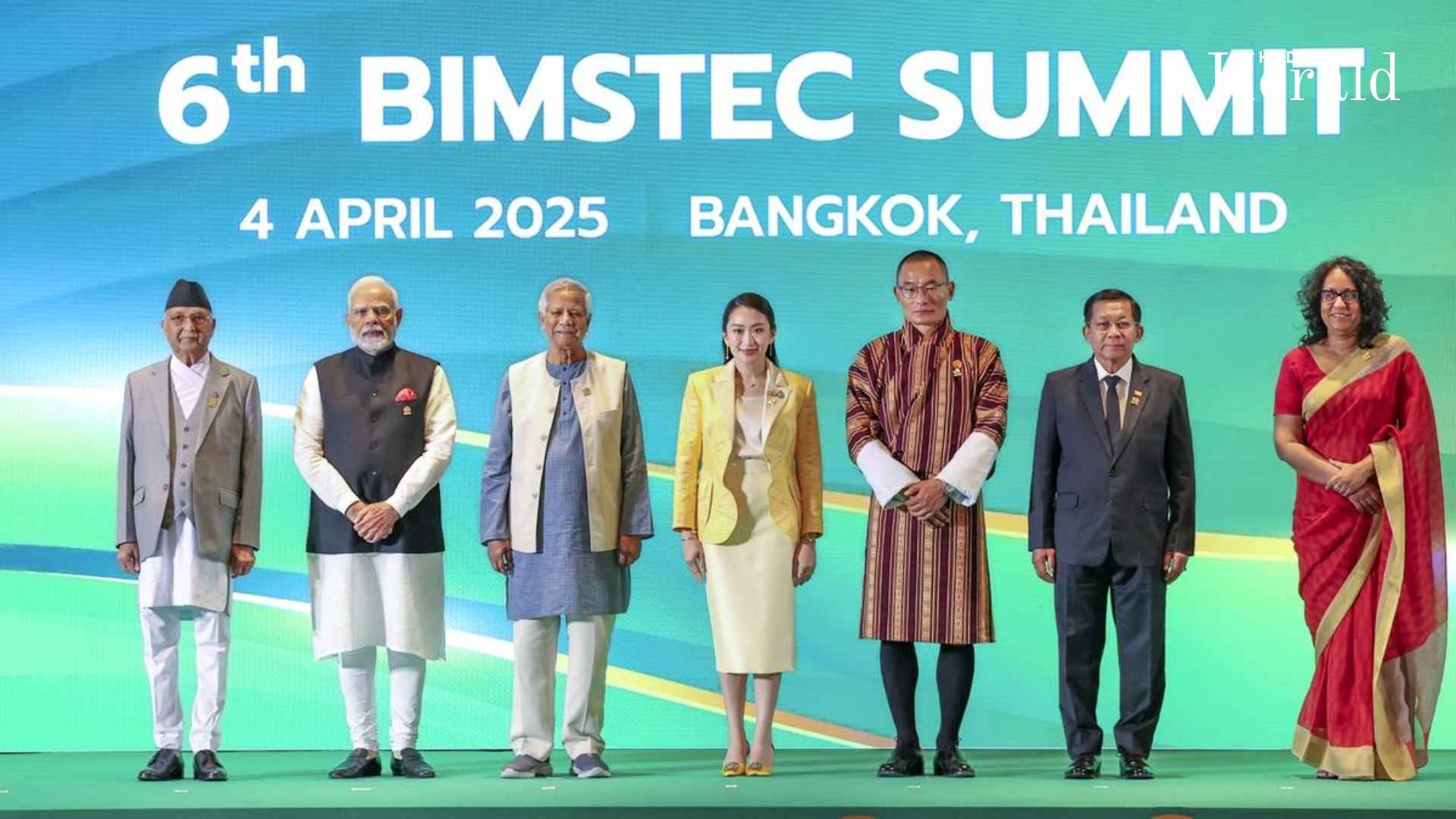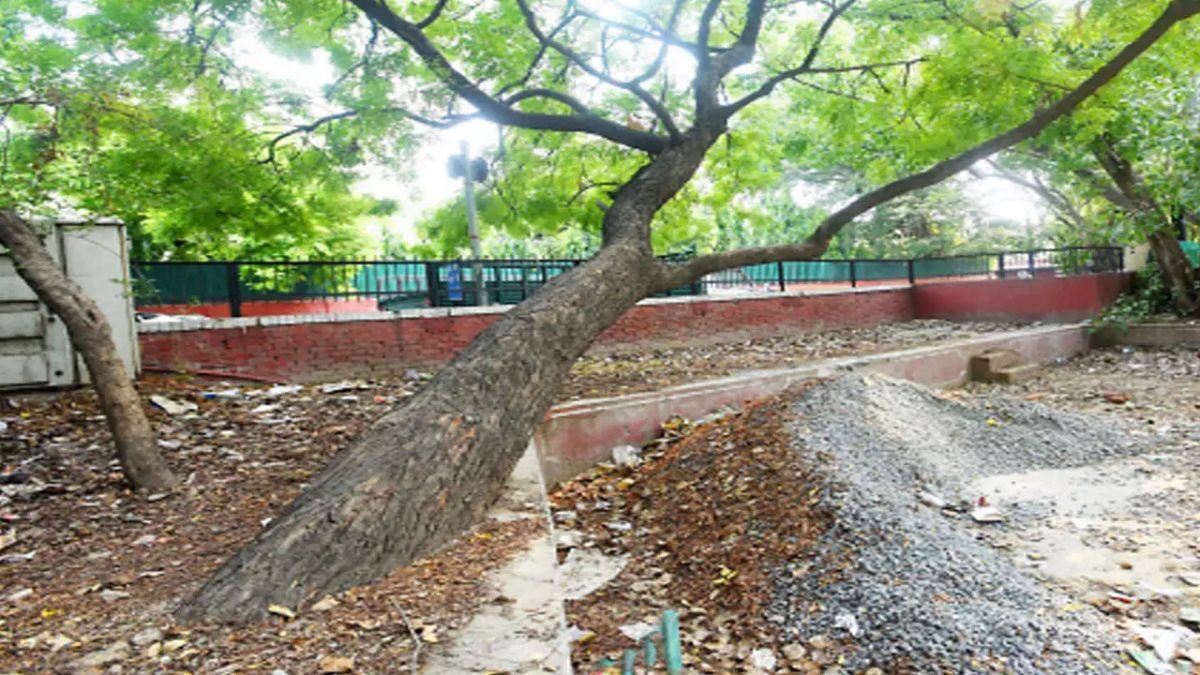BIMSTEC UPI Integration: PM Modi Charts Bold Digital Future for Bay of Bengal Nations

Key Highlights:
Bangkok, April 4, 2025 — In a landmark proposal aimed at deepening regional economic integration, Prime Minister Narendra Modi called for linking India’s Unified Payment Interface (UPI) with the digital payment systems of BIMSTEC nations. Speaking at the 6th BIMSTEC Summit in Bangkok, the Prime Minister outlined a comprehensive vision for strengthening trade, tourism, and technological cooperation in the Bay of Bengal region.
The summit was attended by the heads of state and government from India, Bangladesh, Bhutan, Nepal, Myanmar, Sri Lanka, and Thailand. This year’s event centered around Bangkok Vision 2030, a shared commitment to building prosperity, inclusivity, and security in one of the most dynamic and emerging regional blocs in Asia.
Why UPI Integration is a Game-Changer for BIMSTEC
UPI has revolutionized India’s financial landscape, processing over 13 billion transactions monthly. PM Modi’s proposal to link UPI with the digital payment infrastructure of other BIMSTEC members promises multiple benefits:
- Seamless cross-border payments for travelers and businesses
- Boost in tourism and trade volumes
- Financial inclusion through accessible digital infrastructure
- Faster, transparent government-to-person transactions (G2P)
This integration would position BIMSTEC as a digitally unified region and enhance the movement of people and goods, similar to EU-like economic corridors.
Other Key Announcements by PM Modi at BIMSTEC Summit 2025
1. Digital Public Infrastructure Collaboration
PM Modi offered India’s expertise in setting up digital public infrastructure (DPI) and proposed a pilot study to assess the specific needs of BIMSTEC nations. India’s DPI model — which includes UPI, Aadhaar, and DigiLocker — is now globally recognized.
2. BIMSTEC Chamber of Commerce
To foster stronger business-to-business (B2B) ties, PM Modi proposed the formation of a BIMSTEC Chamber of Commerce and suggested annual business summits. These forums will provide a platform for entrepreneurs and governments to align on trade priorities.
3. Promoting Trade in Local Currencies
In a move towards de-dollarization and regional financial autonomy, Modi suggested conducting a feasibility study on local currency trade within the BIMSTEC region — a forward-looking idea that could cushion member economies from global currency volatility.
4. Maritime Cooperation & Transport Agreement
The Maritime Transport Agreement, signed at the summit, will enhance merchant shipping, cargo coordination, and coastal trade. PM Modi also proposed creating a Sustainable Maritime Transport Centre in India to promote research, innovation, and maritime policy coordination.
5. BIMSTEC Centre of Excellence for Disaster Management
Given recent natural disasters like the March 28 earthquake in Myanmar and Thailand, PM Modi proposed a Centre of Excellence in Disaster Management to be established in India. The Centre would specialize in preparedness, mitigation, and joint response mechanisms.
6. Cybersecurity and Internal Security
Calling for enhanced collaboration, Modi welcomed the institutionalization of the Home Ministers Mechanism and offered to host its first meeting in India this year, focusing on cybercrime, terrorism, drug and human trafficking.
The Impact of ‘Bangkok Vision 2030’
The summit concluded with the adoption of Bangkok Vision 2030, which aims to:
- Enhance digital and physical connectivity
- Promote sustainable development and green technologies
- Strengthen defense and maritime security
- Build resilience to climate change and disasters
- Foster inclusive regional trade and people-to-people ties
Why This BIMSTEC Summit Matters
The Bay of Bengal Initiative for Multi-Sectoral Technical and Economic Cooperation (BIMSTEC) is becoming South and Southeast Asia’s most relevant multilateral platform, especially as global geopolitics pivots toward the Indo-Pacific. Unlike SAARC, which has seen stagnation, BIMSTEC is now seen as India’s preferred platform for regional leadership and influence.
With India’s GDP expected to hit $5 trillion in the next few years and its tech prowess being globally acknowledged, sharing homegrown innovations like UPI with regional allies is a smart soft-power strategy that ensures influence without interference.
Global and Regional Reactions
Thailand (Host Nation):
Thai Prime Minister welcomed India’s leadership and emphasized the importance of digital transformation for ASEAN–BIMSTEC convergence.
Bangladesh and Nepal:
Both nations have shown interest in fintech partnerships with India and are expected to explore UPI integration pilots in the coming months.
Sri Lanka & Myanmar:
Despite facing economic and political crises, both nations supported the idea of local currency trade and digital support from India.
A Vision Rooted in Digital Unity
PM Modi’s speech at the BIMSTEC Summit 2025 marks a strategic digital pivot for the entire Bay of Bengal region. His proposals — particularly the UPI integration, Chamber of Commerce, and trade in local currencies — show India’s readiness to lead with innovation, inclusion, and intention.
As BIMSTEC shifts from talk to action, the vision of a digitally connected, economically vibrant, and culturally cohesive region may soon become a reality.
FAQs on BIMSTEC and UPI Integration
Q1: What is BIMSTEC?
BIMSTEC is a regional organization of seven countries (Bangladesh, Bhutan, India, Myanmar, Nepal, Sri Lanka, and Thailand) focusing on economic and technical cooperation in the Bay of Bengal region.
Q2: What is the significance of linking UPI with BIMSTEC countries?
It will allow real-time, low-cost, secure cross-border payments — boosting tourism, business, and remittances.
Q3: What is Bangkok Vision 2030?
A strategic roadmap adopted at the 6th BIMSTEC Summit aimed at achieving prosperity, inclusivity, and regional connectivity by 2030.
Q4: Will trade in local currencies be implemented soon?
A feasibility study has been proposed. If successful, local currency trade could reduce dependency on the US dollar.
Q5: What is the next step for BIMSTEC after this summit?
Member nations will conduct pilot projects and begin implementation of initiatives like UPI integration and the formation of the Chamber of Commerce.
The Hindustan Herald Is Your Source For The Latest In Business, Entertainment, Lifestyle, Breaking News, And Other News. Please Follow Us On Facebook, Instagram, Twitter, And LinkedIn To Receive Instantaneous Updates. Also Don’t Forget To Subscribe Our Telegram Channel @hindustanherald





